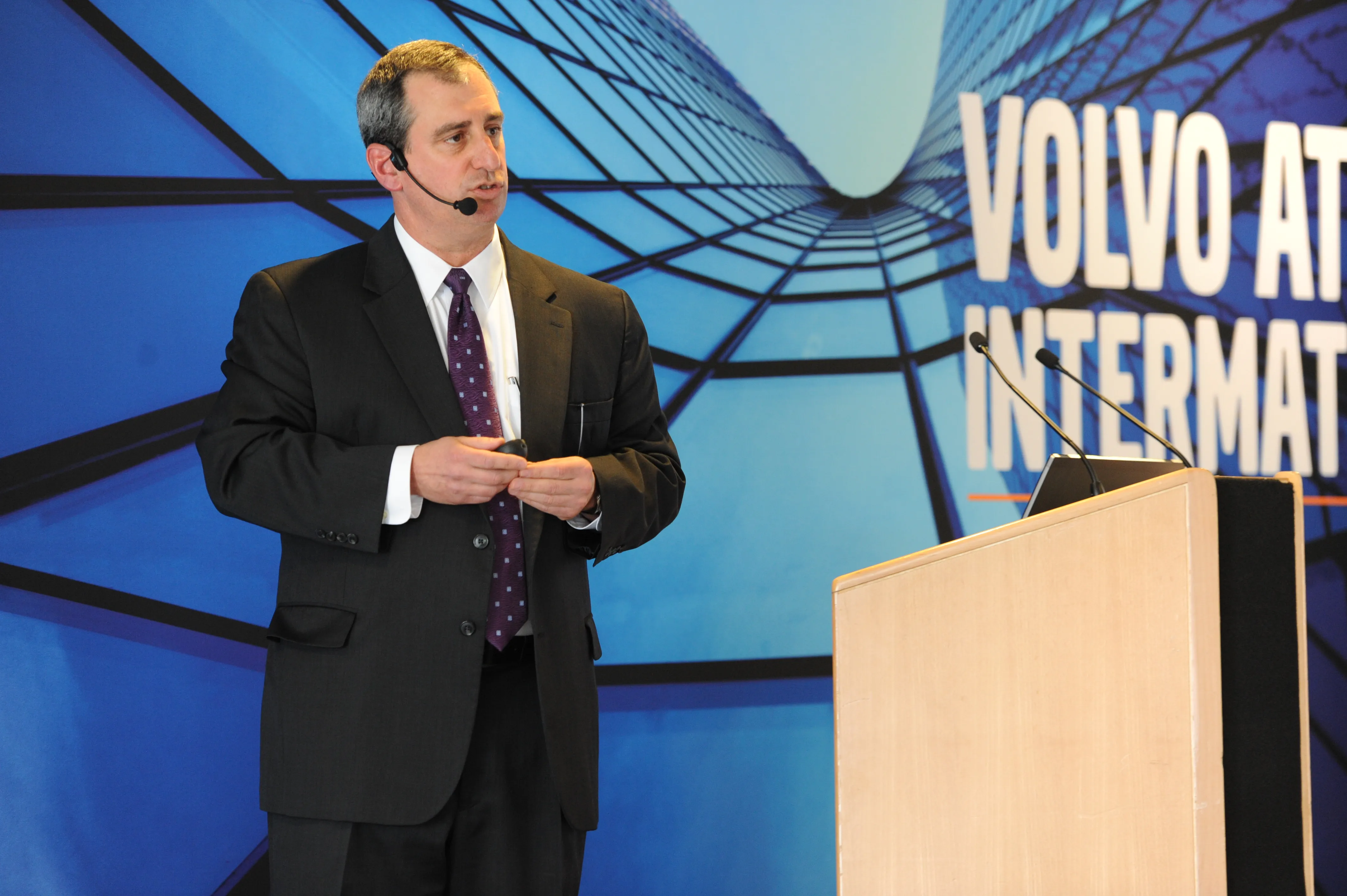
Volvo Construction Equipment (Volvo CE) is celebrating quarterly earnings record earnings, alongside its continued investment in sustainable change.
While sales remain robust in Europe, North America and Africa, demand is weakening in other markets due to the overall economic development and rising interest rates, which is cooling down the activity, especially with residential construction.
Strong profitability for Q2 2023 is demonstrated by a record earnings increase of 12% to SEK 28,999 M (SEK 25,814 M in Q2 2022). Adjusted for currency movements, net sales increased by 7%, of which sales of machines were up by 7% and service sales by 4%. Compared with the same period last year, a higher operating income of SEK 5,353 M (SEK 3,568 M in Q2, 2022) is largely due to positive brand and product mix and price realisation, partially offset by decreased volumes and lower production efficiency as well as higher R&D and selling expenses.
Volvo CE is maintaining solid growth during challenging economic times while continuing to lead the industry with investment in a more sustainable future. The second quarter saw the company not only announce the creation of a new dedicated business unit to boost growth across the full value chain of its range of compact solutions but also continue its global rollout of electric compact machines, with launch events in Singapore and Tokyo.
Melker Jernberg, president of Volvo CE, said: “Our ability to push innovation across construction with solutions for today and tomorrow, while performing well with continued financial growth and improved profitability will ensure we lead the way for years to come. The economic development may be having an effect on the overall construction equipment market, but we are focused on leading a sustainable and profitable transformation for the benefit of our customers, our shareholders and society as a whole.”
In all, the development in major markets outside of China continued to be good in Q2, with a year-to-date growth of 9% in North America, thanks to large infrastructure investments and strong commercial construction, and steady progress in Europe (4% year-to-date increase), where market growth has slightly flattened in line with a weaker macroeconomic outlook, elevated inflation and higher interest rates.
The Chinese market continued to have a significant negative correction (a 40% year-to-date drop) due to the prebuy effect related to the emissions regulations change at the end of last year, while in South America, investment levels remained low in Brazil due to weak business confidence among customers leading to an overall year-to-date drop of 24%. However, development in Asia outside China was largely positive due to growth in India and the Middle East.
While Volvo CE has enjoyed strong results this quarter, it is expected that cost inflation and increased disturbances in the supply chain will see the industry continue to navigate a challenging economic outlook in the coming months.






